By: Cliff Kincaid
Accuracy in Media

CNN has a problem: one of its hosts, Michael Smerconish, is uncovering evidence about the Saudi role in 9/11. But a CNN analyst, Frances Townsend, has been rubbing elbows with one of the alleged Saudi financiers of al-Qaeda. Perhaps they ought to get together and compare notes.
The strange story begins with Smerconish on his CNN show last Saturday interviewing attorney Sean Carter, who recently took a sworn statement from 9/11’s so-called 20th hijacker, Zacarias Moussaoui.
Convicted terrorist Moussaoui, speaking from behind federal prison walls, had told Carter and other attorneys suing Saudi Arabia over its role in 9/11 that three major Saudi figures, Prince Alwaleed bin Talal, Prince Bandar bin Sultan and Prince Turki al-Faisal, were on a list of donors to al-Qaeda prior to 9/11. The Saudi regime flatly denied the allegations and dismissed Moussaoui as a lunatic.
Alwaleed stands out as the Saudi on the list who could most be affected by the disclosure. He is the largest individual foreign investor in the United States, with investments in 21st Century Fox, the parent company of Fox News; TimeWarner, the parent company of CNN; Citigroup; Twitter; and Apple. He has close personal relationships with corporate America’s CEOs, including, and especially, Rupert Murdoch.
Carter told Smerconish that he had confidence in the veracity of the allegations made by Moussaoui. “We actually brought some subject matter experts, counterterrorism experts with us so that we would be able to sort of gut check what he was saying throughout the testimony. And he provided incredibly detailed testimony about al Qaeda’s operations during that period, the organizational structure and who was responsible for certain activities, the nature of al Qaeda’s facilities within Kandahar [Afghanistan] at that time, and everything he said when he was providing this very detailed, directly responsive testimony checked out for us.”
Showing no deference to the prince, known as “His Royal Highness,” Smerconish said on his CNN show that the 28 classified pages of a congressional report on the role of Saudi Arabia in the 9/11 attacks should be released to the public. These pages reportedly concern Saudi financing of al-Qaeda, and may even name the top Saudis implicated in the 9/11 attacks.
Acting unconcerned, Alwaleed seems to be proceeding with business as usual. In fact, it was recently revealed that Eric Schmidt, executive chairman of Google, participated in a business meeting with Alwaleed in Riyadh, Saudi Arabia. Alwaleed’s Kingdom Holding Company (KHC) reported that the meeting was about “political, business and economic issues.”
What is also astonishing about the meeting was the participation of CNN National Security Analyst Frances Townsend, who previously served as Assistant to President George W. Bush for Homeland Security and Counterterrorism and chaired the Homeland Security Council from May 2004 until January 2008.
If anyone should be aware of the role of Alwaleed and other Saudis in financing al-Qaeda, it is Townsend.
In addition to serving as an analyst for CNN, Townsend is currently Executive Vice President for Worldwide Government, Legal and Business Affairs at MacAndrews and Forbes Holdings. The firm is wholly owned by billionaire financier Ronald O. Perelman and maintains investments in cosmetics, entertainment, biotechnology and military equipment.
Townsend’s involvement in the meeting with Alwaleed assumes even more significance because she serves as president of the Counter Extremism Project (CEP), which is currently demanding that Twitter “immediately take action and adopt policies to stop extremists from misusing the social network.”
CEP President Townsend and CEP Chief Executive Officer Ambassador Mark Wallace co-authored a letter to Twitter CEO Dick Costolo “seeking an opportunity to discuss solutions to the growing crisis we face from extremists seeking to weaponize Twitter and commit cyber-jihad. Twitter rebuffed CEP’s invitation.”
But it was Alwaleed who invested $300 million in Twitter in late 2011. “Twitter is a very strategic investment for us,” he said at the time. Awaleed’s KHC even posted a video of the meeting. “During the meeting,” KHC reports, “Mr. Costolo thanked the Prince for giving him the opportunity to meet with him.”
It appears that the Townsend/Wallace letter that went to Costolo, and was copied to four different Twitter executives, should have gone to Alwaleed personally.
In 2005, Townsend, then Homeland Security Adviser to President George W. Bush, praised what she said was Saudi Arabia’s increasingly effective response to terrorism. “The Saudis really are making substantial progress,” she said.
A transcript from a counterterrorism conference in Saudi Arabia quoted her as praising “the leadership and commitment the Saudis have shown towards finding practical and effective ways to fight terrorism…” She said the U.S. and Saudi Arabia were engaged in a “critically important strategic partnership.”
But it appears that Townsend and other U.S. officials may have been privy to other information that cast doubt on Saudi Arabia’s counter-terrorism efforts.
In 2007, according to a leaked cable, The New York Times reported that Townsend had “told her Saudi counterparts in Riyadh” that President Bush was “quite concerned” about the level of cooperation the U.S. was getting from the Saudis.
It has, of course, been widely reported that 15 of the 19 hijackers on 9/11 were Saudis and that al-Qaeda leader Osama bin Laden was a Saudi as well. The bulk of the terrorists detained at Guantanamo Bay were from Saudi Arabia. What’s more, numerous reports implicate Saudi Arabia in funding the Islamic State, known as ISIS.
Former Senator Bob Graham (D-FL), the co-chairman of the official inquiry into 9/11, told Patrick Cockburn of the British newspaper The Independent, “I believe that the failure to shine a full light on Saudi actions and particularly its involvement in 9/11 has contributed to the Saudi ability to continue to engage in actions that are damaging to the U.S.—and in particular their support for ISIS.”
After the 9/11 attacks, the Saudi regime launched a public relations strategy in the U.S. that was analyzed in the academic paper, “Message strategies of Saudi Arabia’s image restoration campaign after 9/11.” The analysis notes that Saudi Prince Alwaleed’s donation of $10 million to a fund for 9/11 victims and their families was part of this campaign. But the donation was rejected by then-Mayor Rudolph Giuliani after Alwaleed blamed the attacks on U.S. foreign policy.
The Alwaleed donation was described in the academic paper as part of the Saudi regime’s “Good Intentions” ploy to repair its battered image as a state sponsor of terrorism.
In the wake of Moussaoui’s allegations, it would appear that Alwaleed may be counting on his status as “the largest individual foreign investor” in the United States to discourage any more investigations into his financial activities.
As President Obama seeks Congressional support for a war against ISIS, with Saudi Arabia as an alleged ally in the fight, it would seem that the Saudi role in funding the Global Jihad Movement should take center stage.
But it appears that major American news organizations are compromised by their financial ties to the Saudis.

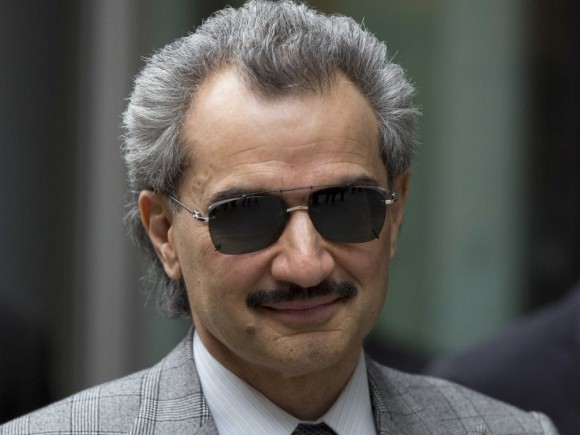
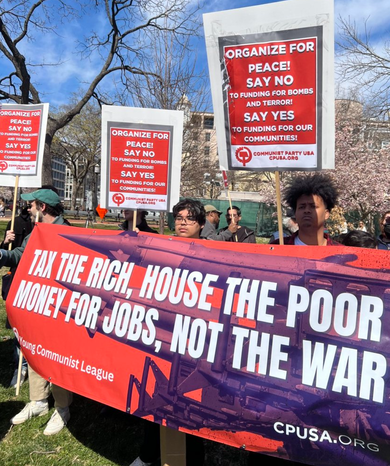
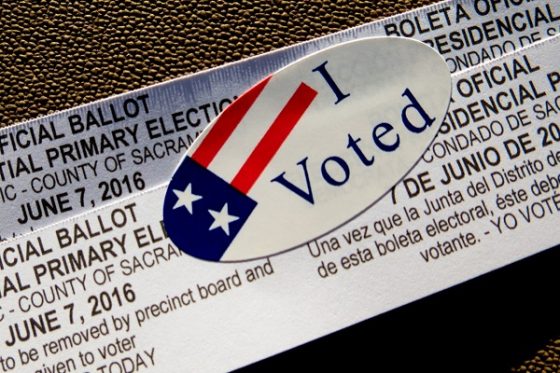
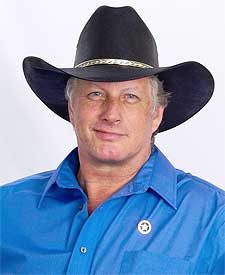
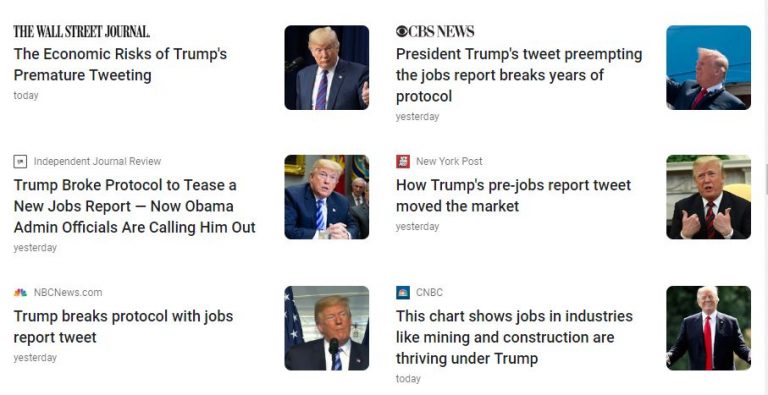














I want to see all the paper work and any videos on all of this. And add all the business deals concerning Americans and Saudi and our govt’s going back 20 yrs. Show them if everything is on the up & up.
Sounds like everyone is in cahoots together against America. Even American Big Business and Media to take down our country. I have thought for a long time America should stop doing any business with the Middle East because it’s been proven we can’t trust them. We can take care of ourselves and do business with the free countries around the world. Will never happen as long as we have greedy, power hungry people running things in all govt and big business’, and looks like media moguls. All these people don’t seem to understand that they really need us more than we need them. They don’t like us then way past time to cut ties. I’m really upset with American Businessmen and CEO’S endangering the free world people.